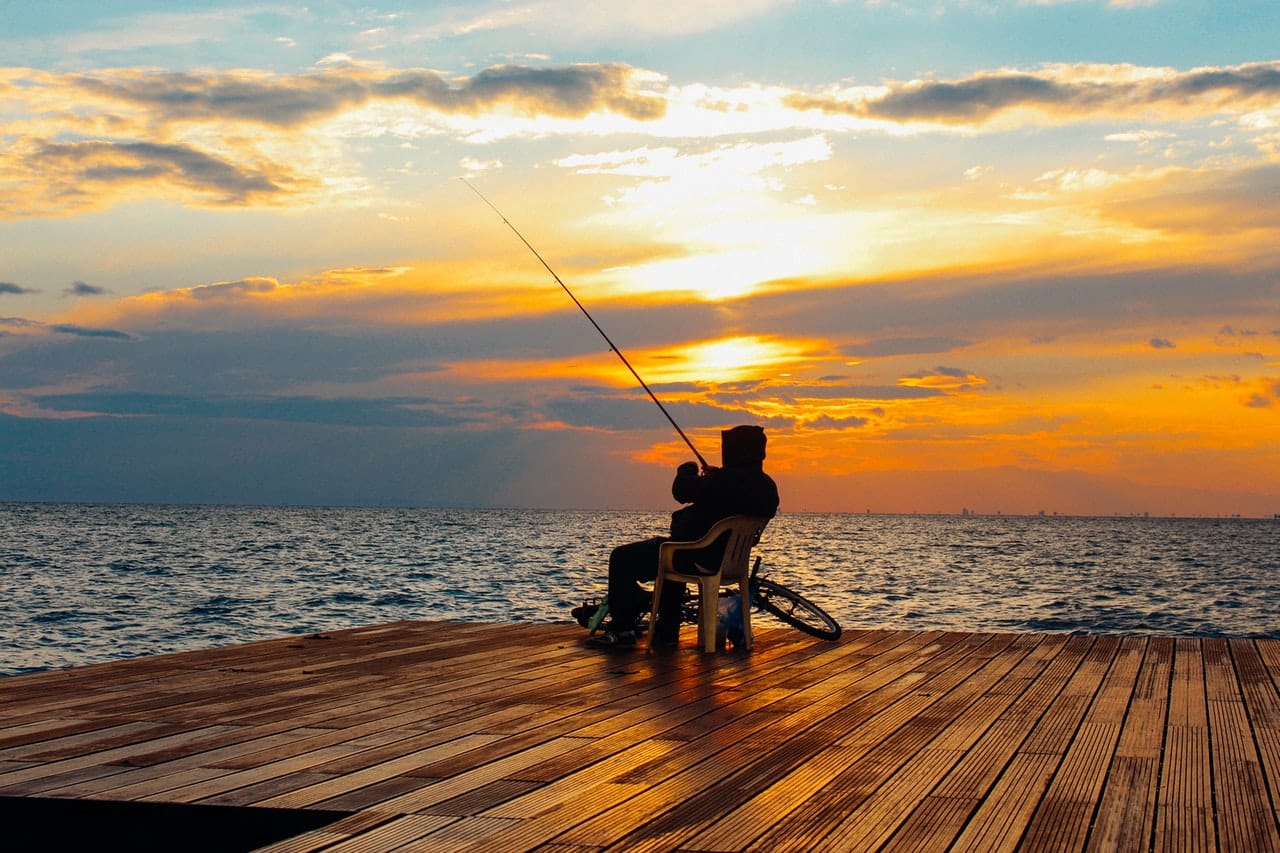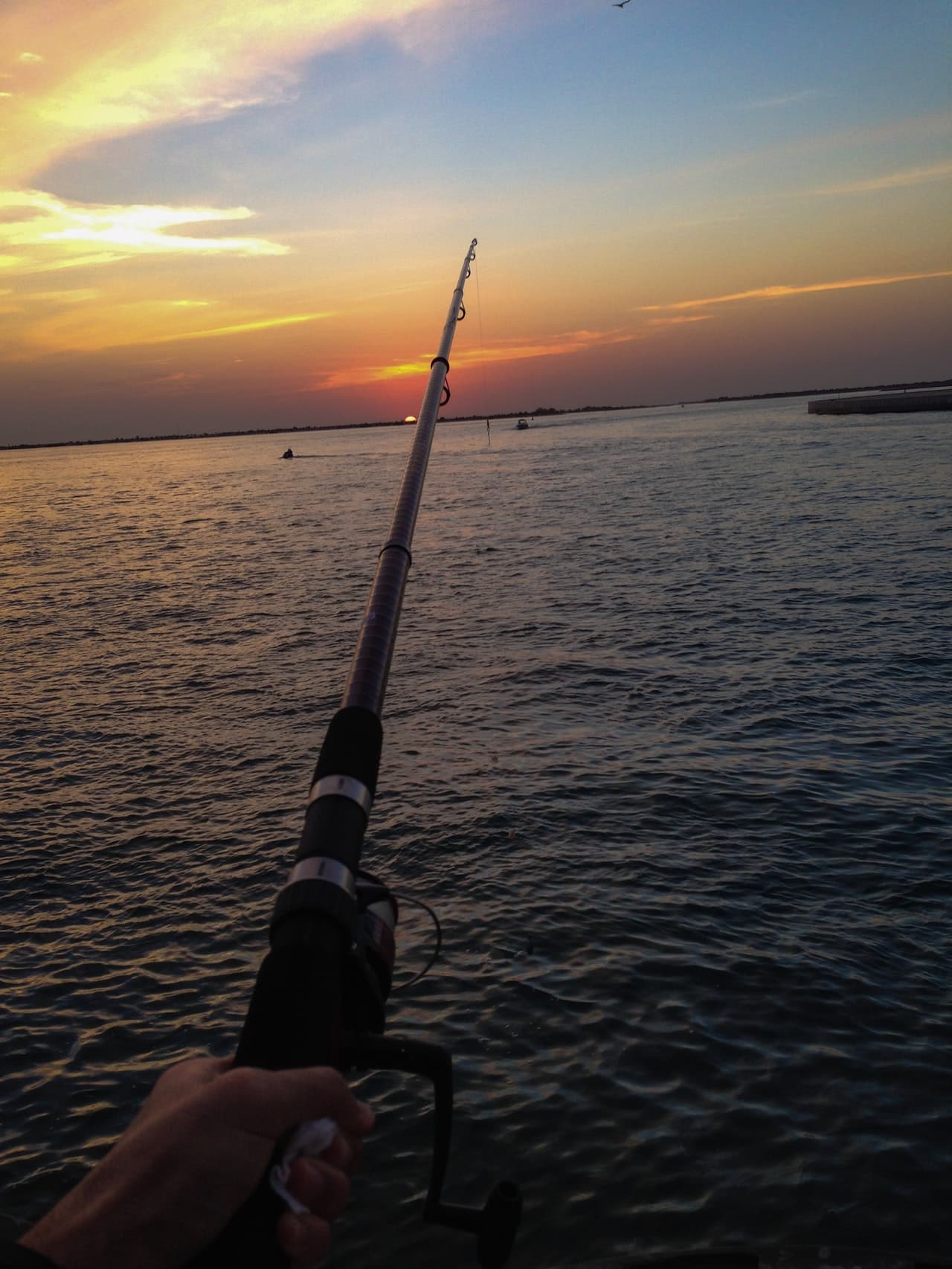Those who do not understand fishing deem it a boring activity with no rewards. The truth is that fishing is an activity that’s layered with different elements that make it one of the best hobbies anyone could take, as long as they see the bigger picture. Unfortunately, fishing can’t be underestimated like a mindless activity; it requires a lot of aptitude and dedication to progress properly.
Even those who don’t go fishing regularly feel that fishing helps them relax and focus. The lack of experience required to go fishing may intimidate many people; anyone could go fishing, but not everyone can catch fish. As a beginner, you’re not looking to compete in national tournaments; all you should look for is to learn the ropes to hit the ground running.
We’ve gathered the best fishing tips and tricks from seasoned fishermen that should help you improve your game.
IMAGE: PEXELS
Casting
If you don’t cast your rod and bait caster properly, you probably won’t get anywhere while fishing. Some zones can be a bit small, forcing you to accurately cast it to a high degree if you don’t want to miss your opportunity or lure. If you’re using inorganic bait like plastic worms, try not to jerk it because you’ll end up having a hard time differentiating between a snag and a bite, not to mention steering away from the strike zone. If you’re trying to properly identify a bite, keep holding the rod with as little tension as possible. If it’s pulsing, then it’s your cue to jerk.
Using the Right Bait and Rod
If you’re in a catfish zone with a bream fish bait, you shouldn’t expect to catch anything, except stray bream. Bait is the most important tool in your hands to attract the fish species you’re looking for. Spend some time researching specific fish in your area, and try to find out the type of bait that tends to attract them.
Hunting for bass fish will require a frog rod that uses frogs as bait. The professional fishermen at https://www.fishingskillz.com/best-frog-rod/ reveal that fishing for bass requires a special rod because you’ll be fighting with both weeds and the fish at the same time. You can find insightful reviews to determine the best rod and bait depending on your needs and budget so don’t make a rash decision of grabbing the first one you see.
Don’t Spend Much On Lures
If you want to distract yourself completely away from fishing, use expensive lures that you’re afraid to use. Using cheap lures will make you braver and nonchalant about losing them when you put them in a place with a lot of action. Cheap lures will do wonders in the right zones, while the expensive ones won’t be of much use in the wrong ones.
Difference Between Saltwater And Freshwater
Beginners should usually stick to freshwater fishing if they are on a budget. Saltwater can deteriorate equipment at a much higher rate than freshwater. While freshwater fishing restricts the fisherman to a few types of fish, it can be advantageous to learn all you can to master catching those specific types of fish, then move on to harder ones in saltwater. If you’re looking to catch huge fish, saltwater zones should be your destination.
The variety provided by seas and oceans makes it overwhelming for beginners to try to prepare the right types of bait. If you can handle the cost of erosion or deterioration of your equipment from salt water, you should try your luck in seawater, since it’s more fun.
Follow Temperatures
The climate highly affects the location and activity of the fish you’re trying to catch. Freshwater fish are known to be quite sensitive to the temperature of the water. Once you notice that it’s getting hot, move deeper towards the cold water to catch the fish avoiding the hot water. During the cold periods of the day like dusk or dawn, fish can be easily found in shallow waters as they come up to feed. Every species of fish is different in their habits and movement patterns, so try to research the fish you’re trying to catch to perfect your timing.
Use Wind As Bait
Small fish are pushed by strong winds closer to the shores, so bigger fish will be following them to feed. Use this as an opportunity to find zones close to the shore populated with big fish. Keep a close eye on the water, and try to see where the drift lines caused by the wind are going, so you could follow.
There is no perfect strategy to become an expert fisherman without getting your feet and hands wet. Researching is an essential part of fishing, but once it’s embedded in your memory, you should practice as much you can. Experience comes from making mistakes and learning from them, so make brave choices to reap the best rewards.
If you are interested in even more lifestyle-related articles and information from us here at Bit Rebels, then we have a lot to choose from.


COMMENTS